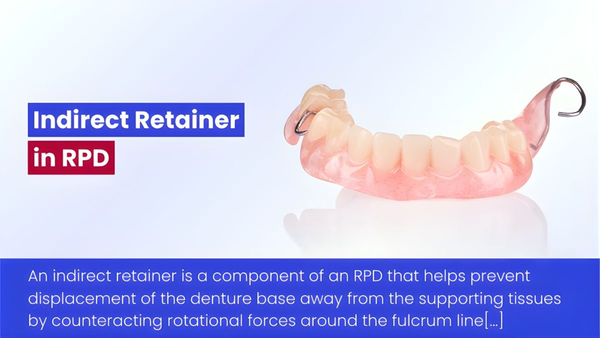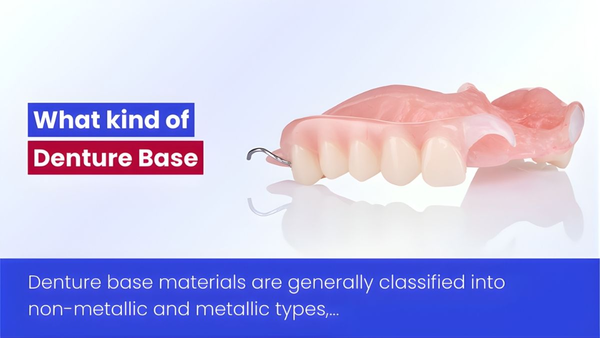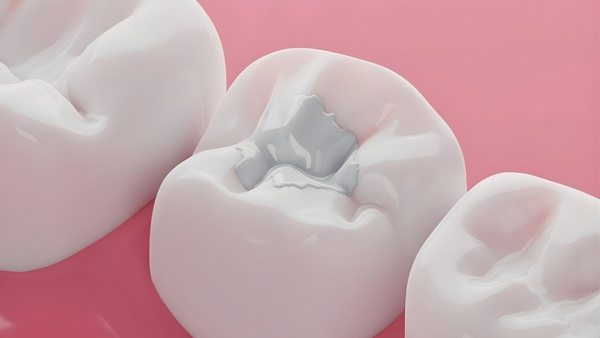Glass-ceramics represent a revolutionary category of dental restorative materials, combining the aesthetic properties of glass with the mechanical strength of ceramics through controlled crystallization processes. These materials have significantly advanced modern dentistry, offering superior aesthetics, biocompatibility, and adequate mechanical properties for a wide range of clinical applications
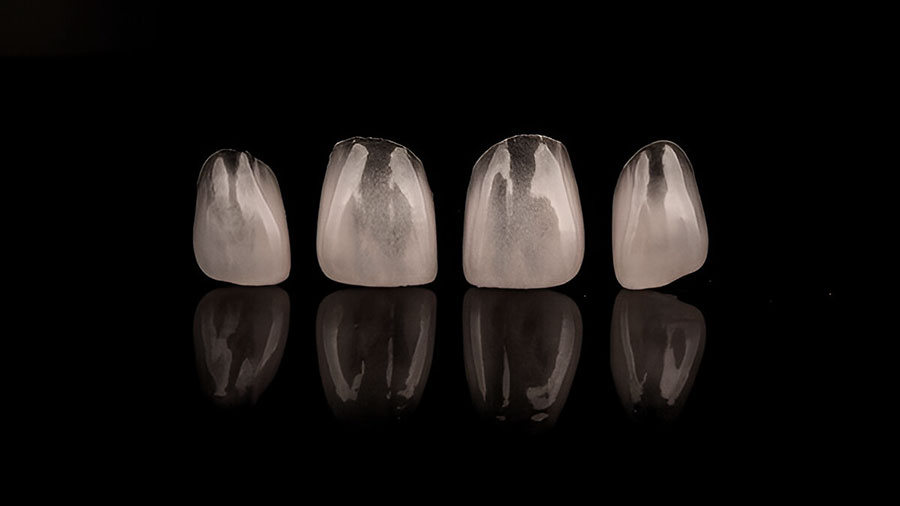
Table of contents [Show]
- Introduction to Dental Glass-Ceramics
- Classification of Dental Glass-Ceramics
- Lithium Disilicate Glass-Ceramics (IPS e.max)
- Leucite-Reinforced Glass-Ceramics
- Zirconia-Reinforced Lithium Silicate (ZLS)
- Framework Design Considerations
- Processing Techniques
- Clinical Performance and Longevity
- Future Perspectives
- Conclusion
Glass-ceramics represent a revolutionary category of dental restorative materials, combining the aesthetic properties of glass with the mechanical strength of ceramics through controlled crystallization processes. These materials have significantly advanced modern dentistry, offering superior aesthetics, biocompatibility, and adequate mechanical properties for a wide range of clinical applications.

This article explores the classification, properties, processing techniques, clinical applications, and future trends of glass-ceramics, providing dental professionals with a comprehensive guide to their use in ceramic frameworks.
Introduction to Dental Glass-Ceramics
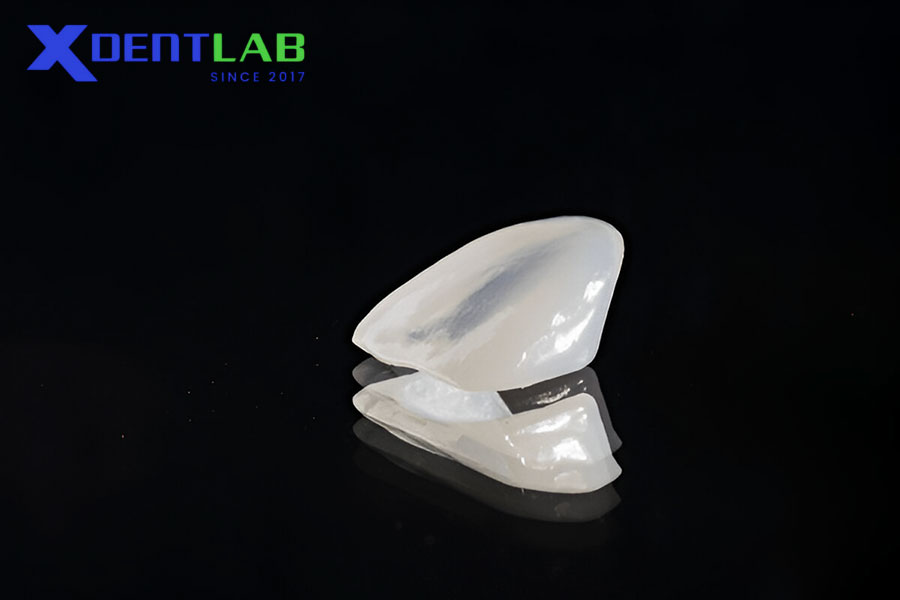
Glass-ceramics are engineered materials designed to fulfill both functional and aesthetic requirements in restorative dentistry. Their unique microstructure, composed of crystalline phases embedded in a glass matrix, enables them to achieve:
High translucency for natural aesthetics.
Excellent biocompatibility for harmonious interaction with oral tissues.
Adequate mechanical strength for load-bearing applications.
These materials are particularly suited for anterior restorations, veneers, crowns, and bridges, where aesthetics and durability are paramount.
Classification of Dental Glass-Ceramics
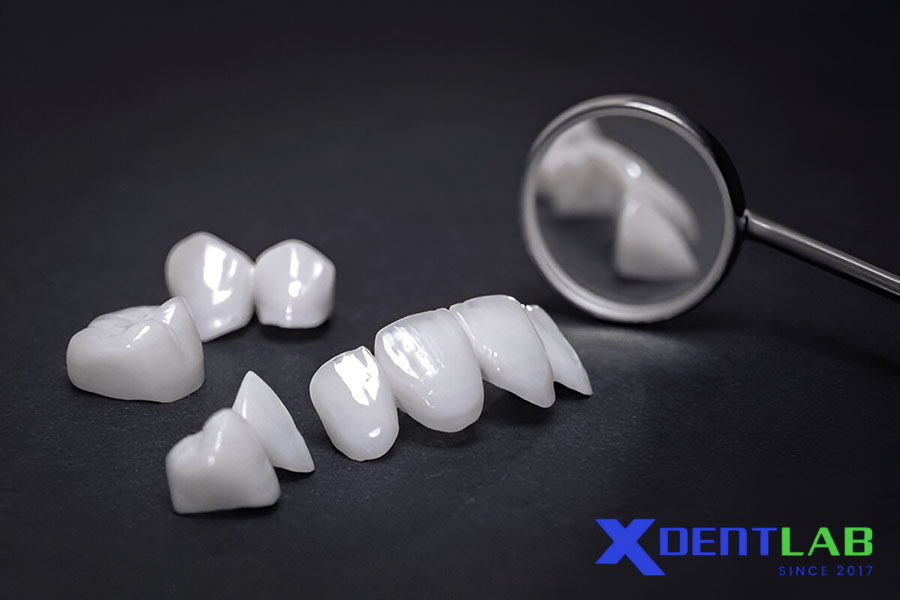
Based on Microstructure
Glass-ceramics are classified according to their crystalline phase, which determines their optical and mechanical properties:
Mica Glass-Ceramics: Early machinable ceramics with plate-like crystals.
Leucite-Based Glass-Ceramics: High translucency and thermal expansion compatibility.
Lithium Disilicate Glass-Ceramics: Superior strength and aesthetics.
Zirconia-Reinforced Lithium Silicate (ZLS): Enhanced fracture resistance.
Fluorapatite Glass-Ceramics: Mimics natural enamel for veneers.
Based on Processing Method
Heat-Pressed Ceramics: Fabricated using the lost-wax technique for precision.
CAD/CAM Machinable Blocks: Ideal for digital workflows and efficient production.
Powder/Liquid Systems: Traditional layering techniques for veneering.
Lithium Disilicate Glass-Ceramics (IPS e.max)
Composition and Structure
Lithium disilicate glass-ceramics are composed of:
70% Lithium Disilicate Crystals: Needle-like morphology for crack deflection.
Glass Matrix: Provides translucency and residual glass phase.
Crystal Size: 3-6 μm for interlocking microstructure.
IPS e.max System
The IPS e.max family offers versatile solutions for various clinical needs:
e.max Press: Heat-pressed ingots for precision restorations.
e.max CAD: Machinable blocks for digital workflows.
e.max Ceram: Veneering ceramic for aesthetic layering.
e.max ZirPress: For veneering zirconia frameworks.
Mechanical Properties
Flexural Strength: 360-400 MPa.
Fracture Toughness: 2.8-3.5 MPa·m^0.5.
Elastic Modulus: 95 GPa.
Vickers Hardness: 5800 MPa.
Clinical Applications
Lithium disilicate is indicated for:
Anterior and Posterior Crowns: Full coverage with aesthetics and strength.
Three-Unit Bridges: Limited to second premolar.
Veneers: Minimal preparation for high aesthetics.
Inlays/Onlays: Conservative restorations.
Implant Abutments: Customized solutions for implants.
Leucite-Reinforced Glass-Ceramics
Material Characteristics
Leucite-reinforced ceramics feature:
Leucite Crystal Content: 35-55% by volume.
Crystal Size: 1-5 μm for translucency.
Thermal Expansion Compatibility: Ideal for metal-ceramic restorations.
Properties and Applications
Flexural Strength: 120-160 MPa.
High Translucency: Superior aesthetics for anterior restorations.
Applications: Inlays, onlays, and anterior crowns.
Bonding Capability: Excellent with adhesive cements.
Commercial Examples
IPS Empress: First-generation pressed ceramic.
IPS Empress CAD: Machinable blocks for digital workflows.
Optec OPC: Early leucite ceramic.
Zirconia-Reinforced Lithium Silicate (ZLS)
Composition and Properties
ZLS materials combine:
Lithium Silicate Glass Matrix: For translucency.
10% Zirconia: Dissolved in the glass for enhanced strength.
Dual Microstructure: Fine lithium silicate crystals and zirconia particles.
Clinical Performance
Flexural Strength: 370-420 MPa.
Improved Fracture Resistance: Compared to traditional glass-ceramics.
Excellent Polishability: Allows chair-side adjustments.
Good Edge Stability: Reduces chipping during milling.
Framework Design Considerations
Structural Requirements
Glass-ceramic frameworks must satisfy specific design criteria:
Minimum Thickness: 0.8-1.5 mm depending on material.
Connector Dimensions: Critical for bridges to prevent fractures.
Stress Distribution: Uniform design to minimize crack initiation.
Design Principles
Anatomical Contour: Mimicking natural tooth form.
Uniform Thickness: Avoiding stress concentration.
Rounded Internal Angles: Preventing crack propagation.
Processing Techniques
Heat-Pressing Technology
Wax Pattern Creation: Using traditional or CAD/CAM methods.
Investment and Burnout: Preparing molds for pressing.
Pressing Temperature: 850-920°C depending on material.
Finishing and Glazing: Final touches for aesthetics and durability.
CAD/CAM Processing
Digital Scanning: Intraoral or model-based.
Design Software: Creating precise 3D frameworks.
Milling Process: Wet or dry milling techniques.
Post-Crystallization: Enhancing mechanical properties.
Clinical Performance and Longevity

Success Rates
Long-term studies demonstrate:
Lithium Disilicate Crowns: 95-97% survival at 5 years.
Leucite Crowns: 92-95% survival at 5 years.
Posterior Applications: Comparable to anterior restorations.
Failure Modes
Common failure patterns include:
Bulk Fracture: Catastrophic failure under excessive load.
Chipping: Veneering ceramic detachment.
Marginal Deterioration: Cement dissolution over time.
Future Perspectives
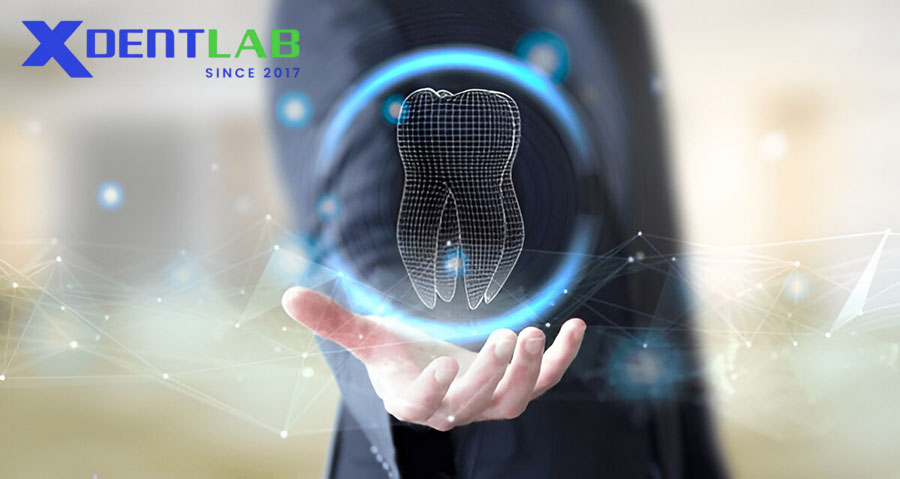
Innovations in Composition
Emerging glass-ceramics include:
Lithium Alumino-Silicate: Enhanced mechanical properties.
Gradient Materials: Variable properties across layers.
Nanostructured Ceramics: Improved strength and aesthetics.
Advances in Processing
Fast Crystallization: Reducing production time.
Digital Integration: Automated staining and characterization.
Surface Modifications: Enhanced bonding and wear resistance.
Conclusion
Glass-ceramics have transformed restorative dentistry by offering unparalleled aesthetics, biocompatibility, and versatility. From lithium disilicate to zirconia-reinforced systems, these materials cater to diverse clinical demands, ensuring optimal outcomes for both patients and practitioners.
At XDENT LAB, we specialize in crafting high-quality glass-ceramic frameworks using advanced technologies and FDA-approved processes. Whether you're seeking precision restorations for anterior aesthetics or durable solutions for posterior applications, our expert technicians ensure consistency and excellence in every product.
Contact XDENT LAB today to learn how our lab-to-lab services can elevate your dental practice and deliver exceptional results for your patients!
XDENT LAB is an expert in Lab-to-Lab Full Service from Vietnam, with the signature services of Removable & Implant, meeting U.S. market standards – approved by FDA & ISO. Founded in 2017, XDENT LAB has grown from local root to global reach, scaling with 2 factories and over 100 employees.. Our state-of-the-art technology, certified technicians, and commitment to compliance make us the trusted choice for dental practices looking to ensure quality and consistency in their products.
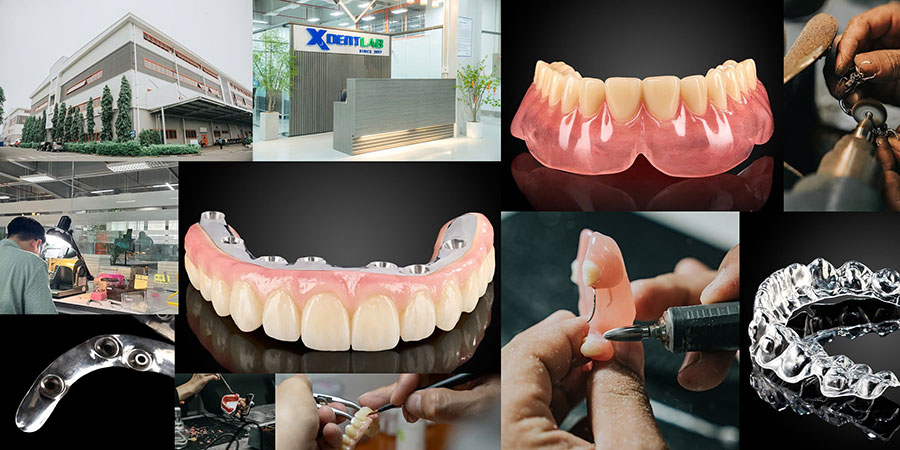
Our commitments are:
100% FDA-Approved Materials.
Large-Scale Manufacturing, high volume, remake rate < 1%.
2~3 days in lab (*digital file).
Your cost savings 30%.
Uninterrupted Manufacturing 365 days a year.
Contact us today to establish a strategy to reduce operating costs.
--------❃--------
Vietnam Dental Laboratory - XDENT LAB
🏢 Factory 1: 95/6 Tran Van Kieu Street, Binh Phu Ward, Ho Chi Minh City, Vietnam
🏢 Factory 2: Kizuna 3 Industrial Park, Can Giuoc Commune, Tay Ninh Province, Vietnam
☎ Hotline: 0919 796 718 📰 Get detailed pricing
Share this post:

